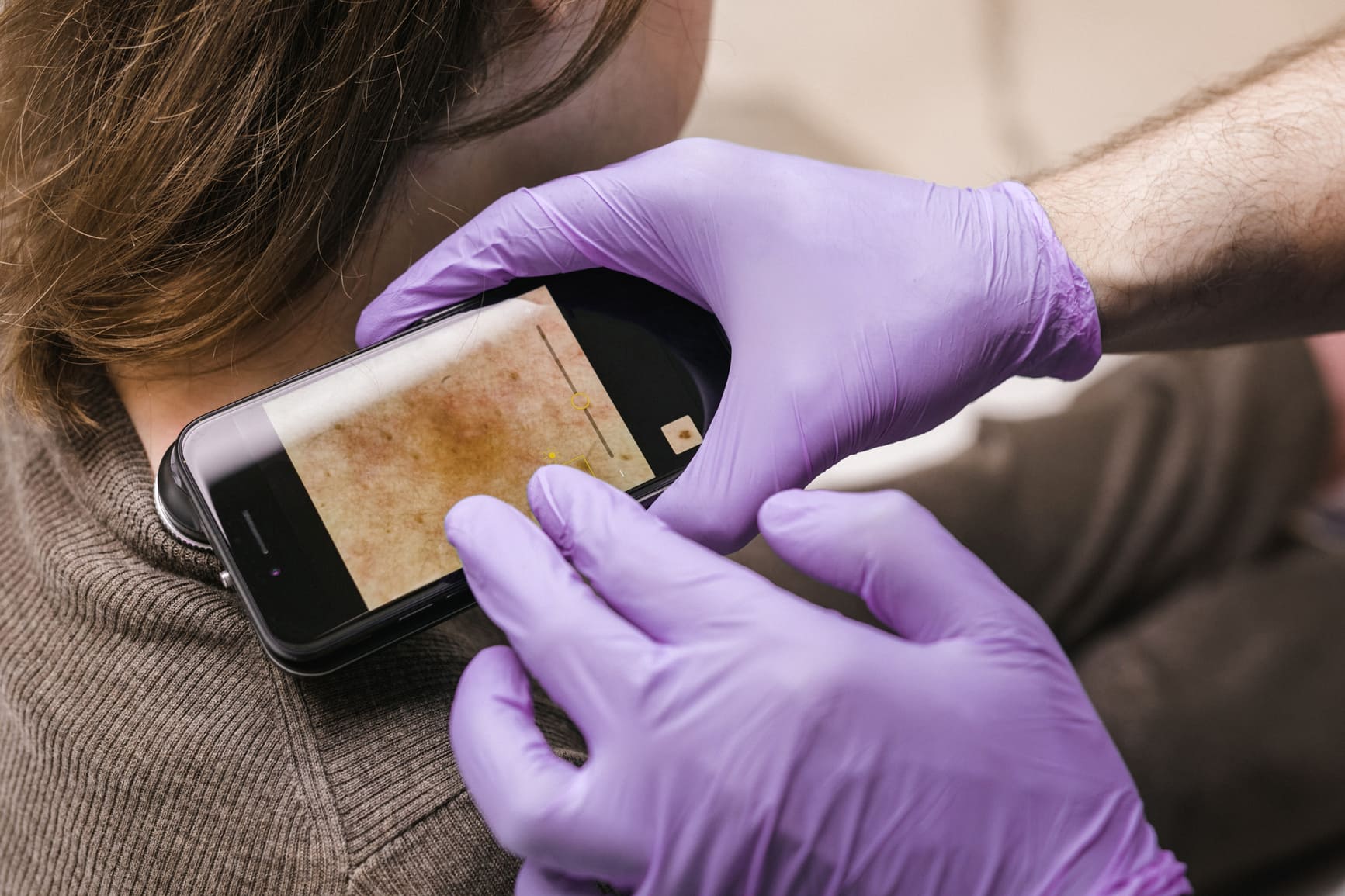Clinical trials are the gold-standard tool for driving evidence-based medical research today. With the benefits they can present to patients, trials should be included as a viable healthcare option, particularly in oncology. Cancer trials have the potential to reduce treatment cost burdens for patients and advance our grasp of oncology. In this next installment of Vial CRO’s Oncology Trial Management series, we discuss how sponsors can best manage melanoma clinical trials.
1 | Understanding Melanomas
Although melanomas only make up 1% of all skin cancer cases, they account for the majority of deaths related to skin cancer in the United States. Melanoma is a cancer originating from skin melanocytes, which are responsible for producing the natural pigment melanin. Localized melanoma has a high 5-year survival rate of 98%, but it decreases to 70% and 33% if not caught until it reaches the regional or distant stages, respectively. Depending on how early the diagnosis occurs, treatments for this type of cancer can include surgery, immunotherapy, targeted drugs, and chemotherapy.
2 | Striving for Patient-Centric Melanoma Clinical Trial Designs
As with any cancer diagnosis, patients rely on a multidisciplinary team of healthcare professionals for support. Although clinical trials must collect efficacy and safety data, the quality of this information will be greater for a study designed with its participants in mind because it benefits retention rates, protocol compliance, and enrollment numbers. Just as study staff are part of the subject’s circle of care, the subject should also be recognized as an equally important part of the trial team. A 2021 sub-study interviewed melanoma patients enrolled in a phase II clinical trial and identified the following burdens associated with their trial participation.
| Patient Burden | Sponsor Solution |
|---|---|
| Difficulty understanding the clinical trial and the treatments | Create simple, straightforward study materials which outline what patients can expect at each visit and from their care within the trial |
| Difficulty arranging transportation, prescriptions, and appointments | • Permit longer intervals between scheduled appointments • Include remote follow-up contingencies in place of on-site visits • Explore the option of home delivery systems for prescriptions where possible |
| Difficulty enduring and managing treatment side effects | Carefully select the most qualified sites run by investigators who have the experience and local network of other physicians to help manage the physical and emotional distress caused by advanced melanoma treatments |
The negative impacts of cancer on a patient’s physical and cognitive capabilities cause many challenges, but these can be alleviated by sponsors striving to integrate patient-centric solutions.
3 | Leveraging the Benefits of Outsourcing to a CRO
Clinical trials, especially those in oncology, are extremely expensive for sponsors. However, one solution is to outsource day-to-day trial management tasks to contract research organizations (CROs) built for oncology, like Cmed, Vial, and Theradex. This partnership allows sponsors to place the potential of their drug in the expert hands of a CRO’s specialized clinical team (learn the top 5 CROs built for cancer trials here). Many of these CROs, including Vial, also help optimize centralized monitoring processes for sponsors using fully encrypted cloud-based infrastructures compliant with 21 CRF Part 11 standards. Ultimately, under the oversight of an experienced oncology CRO, outsourced studies on melanoma and other cancers achieve higher efficiency, shorter lead times with patient recruitments, and greater quality assurance.
Choose the Right CRO for Your Melanoma Clinical Trial
Skin cancers are becoming increasingly common worldwide. Clinical trials are the best path to discovering modern treatment options that are safe and effective long-term. Although melanoma may not be as common as other skin cancers, it brings considerable detriment to patient quality of life as the disease progresses. Sponsors can better ensure the success of their melanoma clinical trials by proactively optimizing their protocol design to improve patient experiences, as well as leveraging an oncology CRO’s medical expertise, digital tools, and industry knowledge.
Vial is building towards a more efficient future for clinical trials. Visit https://vial.com/cro/oncology/ to learn how our products deliver faster and more efficient cancer trials for sponsors. Connect with a team member today!



